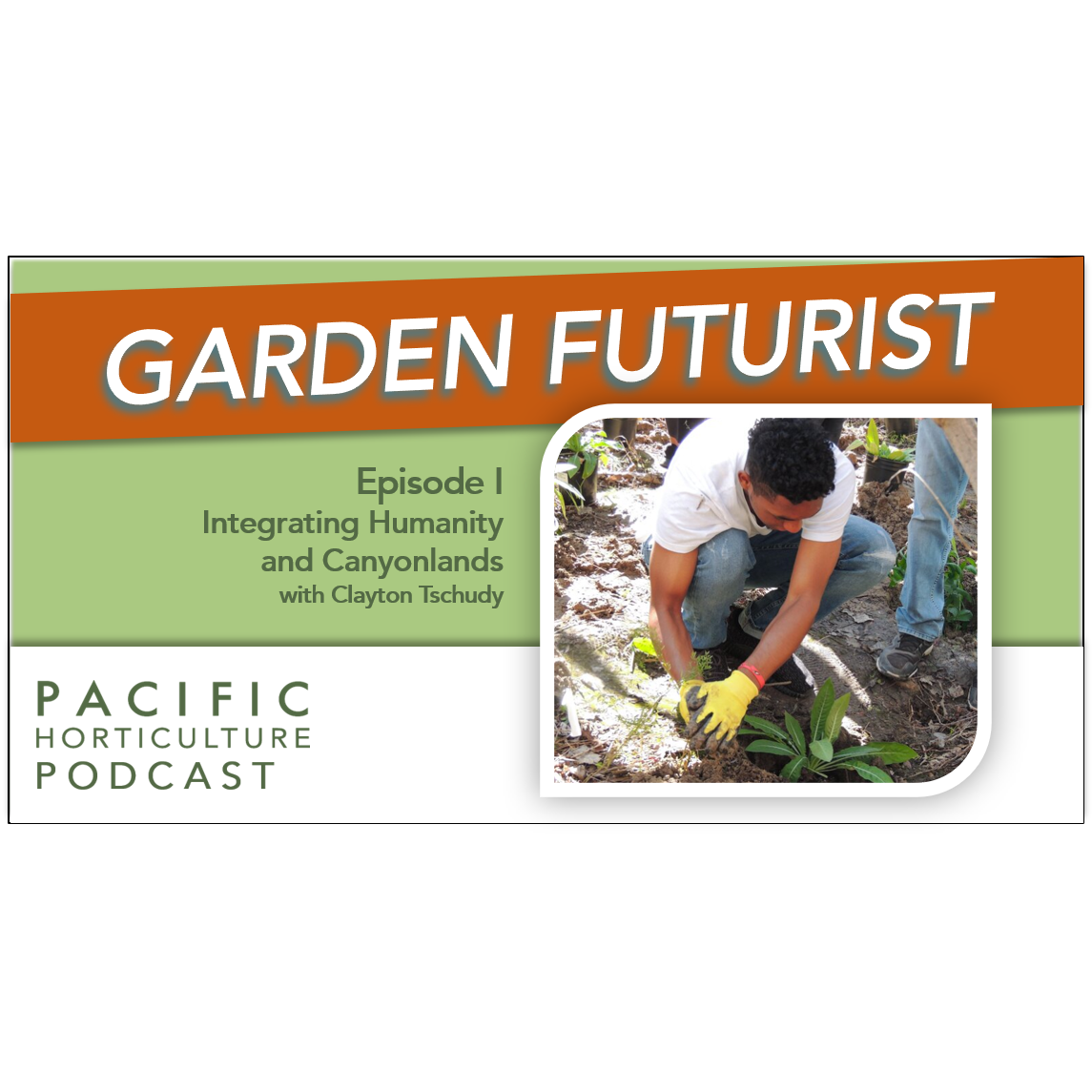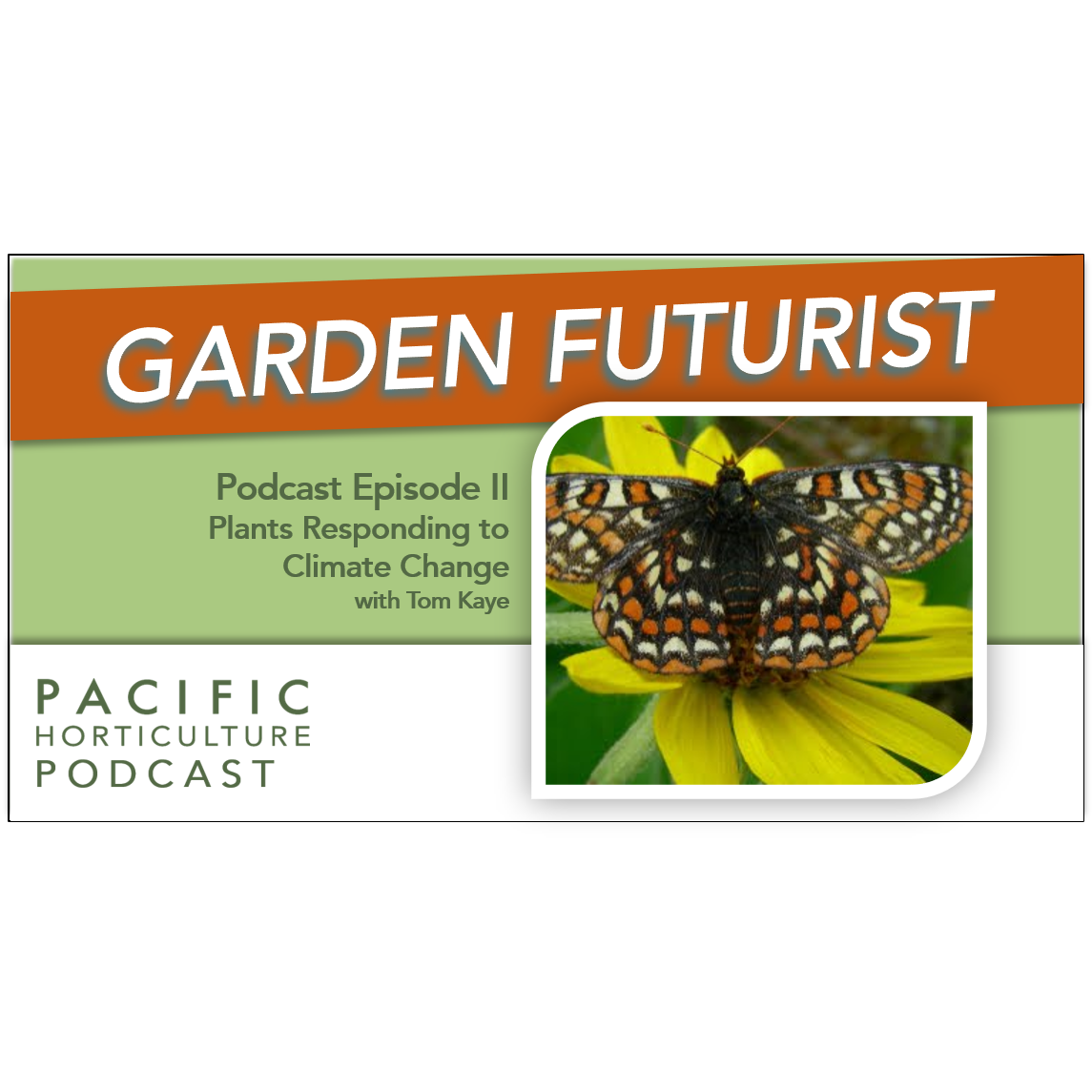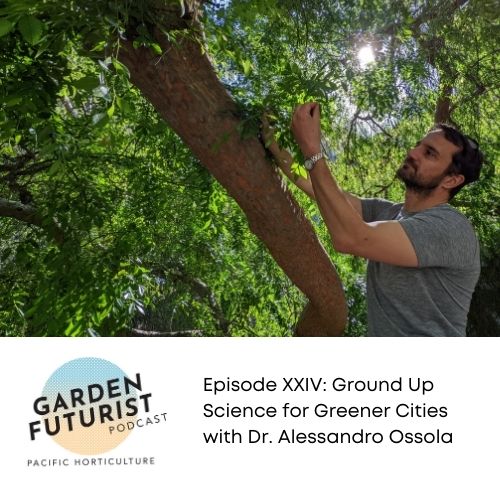Read the companion article here.
This episode was sponsored by: Bartlett Tree Experts
With Dr. Susan Cordell, Director and Research Ecologist, US Forest Service, Pacific Southwest Research Station, Hilo, Hawai'i.
How might a more culturally inclusive viewpoint replace negative historical language associated with invasive plant biology?
“In many parts of the world, we cannot uncouple the fact that humans and natural systems are linked and that pristine landscapes are often, in fact, a mirage.” This quote from a paper authored by our guest and colleagues was published recently in Frontiers of Ecology and Evolution. Noticeable right away is that this essay gets very quickly into talking about the language we use when we talk about nature.
Our guest and her multi-disciplinary team have taken a unique approach to ecological restoration that considers language and cultural context around how plants in complex ecosystems can be managed. To learn more about Dr. Cordell's work, please read her group's newest paper, inspired by the Liko Nā Pilina experiment: https://www.hawaii.edu/likonapilina/. This is a project using functional traits to promote invasion resistance and native biodiversity. In this perspective, we teamed up with a philosopher to explore the concept and underlying biases towards non-native species.

“Let's envision that beautiful green future where humans and nature live together in spite of the dense human population that's coming and let's manifest...

“And when I say ecosystem function, I mean, functions that are important for human survival. This is not just because I think ecology is...

Alessandro Ossola is a scientist who gets very excited about the challenge of climate change allowing for an opportunity, and he describes it as...